Dean Martin famously described himself as a drunk, rather than an alcoholic. One of his reasons being that drunks don’t have to go to meetings. Whether he actually was as fond of a drink as his persona implies, what I’m getting at here is how we perceive or describe ourselves.
The people we’re trying to recruit to take part in clinical trials are extremely unlikely to only consider themselves in relation to their condition – which is unfortunately what can sometimes happen when clinical researchers are describing patients.
I have two chronic conditions myself, but it’s rare for me to think of myself only in terms of being a patient requiring ongoing treatment.
And I’d be surprised if the same isn’t true for anyone else we might define as a patient. People are human beings first, with all the experiences, thoughts and emotions that go along with that, with any condition being only a small element of the whole.




